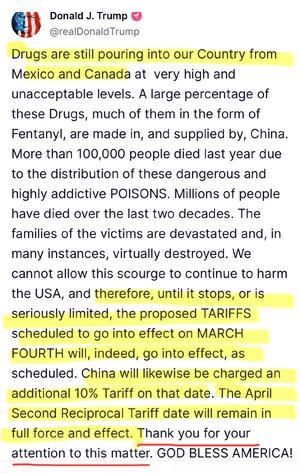- Messages
- 5,161
As Trump Tries to Stall Clean Energy Progress, UK’s Version is Running Circles Around the Rest of Its Economy
A report released on Monday found that the United Kingdom’s ‘net zero economy’ is growing three times as fast as the rest of the country’s economy, at around 10 percent from 2023 to 2024.“These numbers speak for themselves,” said energy secretary Ed Miliband, to The Guardian. “Net zero is essential to growth, a strong economy and money in working people’s pockets.”
The report, commissioned by the non-profit Energy & Climate Intelligence Unit and conducted by the Confederation of British Industry, found that the net zero economy generates more than £83 billion (around $105 billion) in “gross added value” to the country. Over 22,000 individual businesses employe almost one million people (of around 33 million total in the UK workforce), and every pound generated specifically in this sector creates £1.89 in the wider economy.
“It is clear, you can’t have growth without green – 2025 is the year when the rubber really hits the road, where inaction is indisputably costlier than action,” said CBI’s chief economist Louise Hellem.



